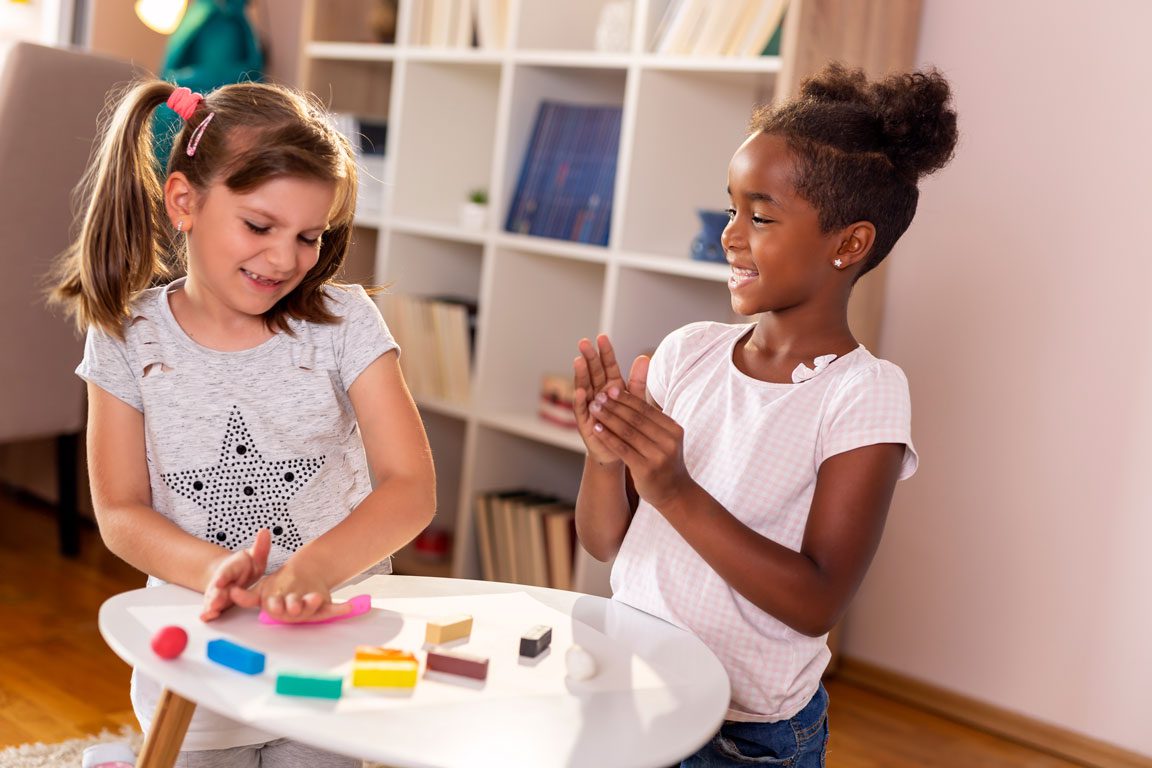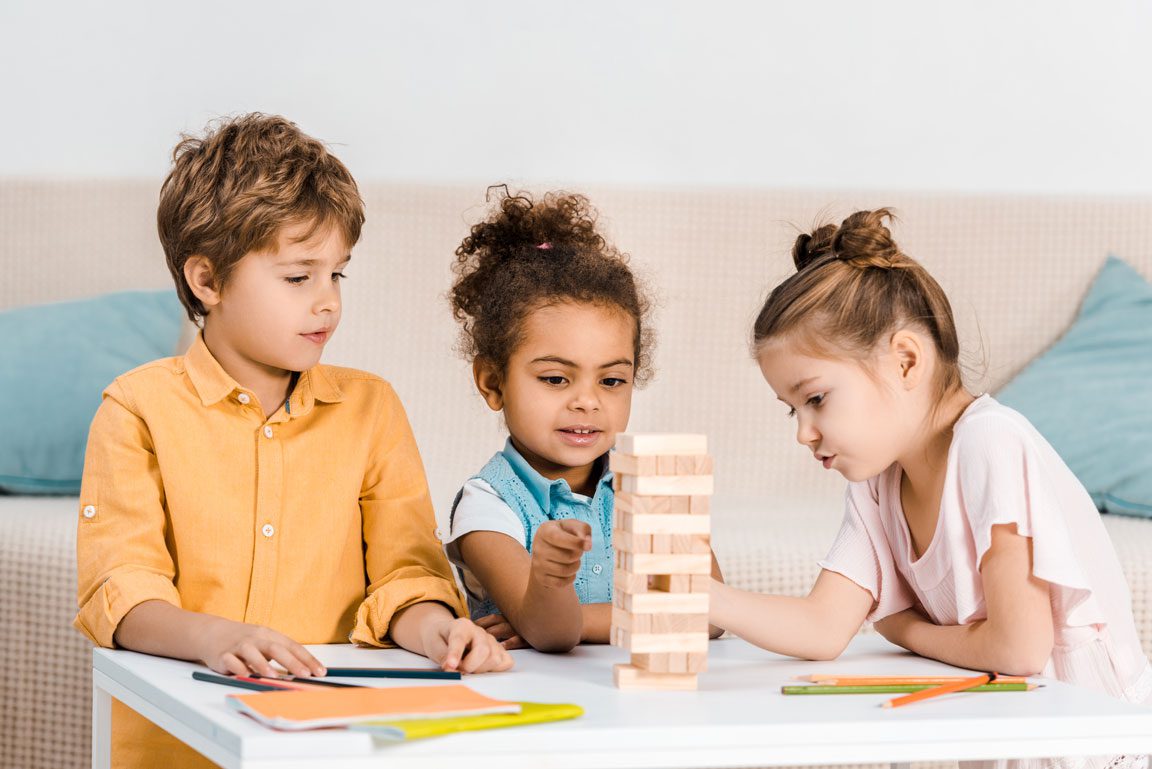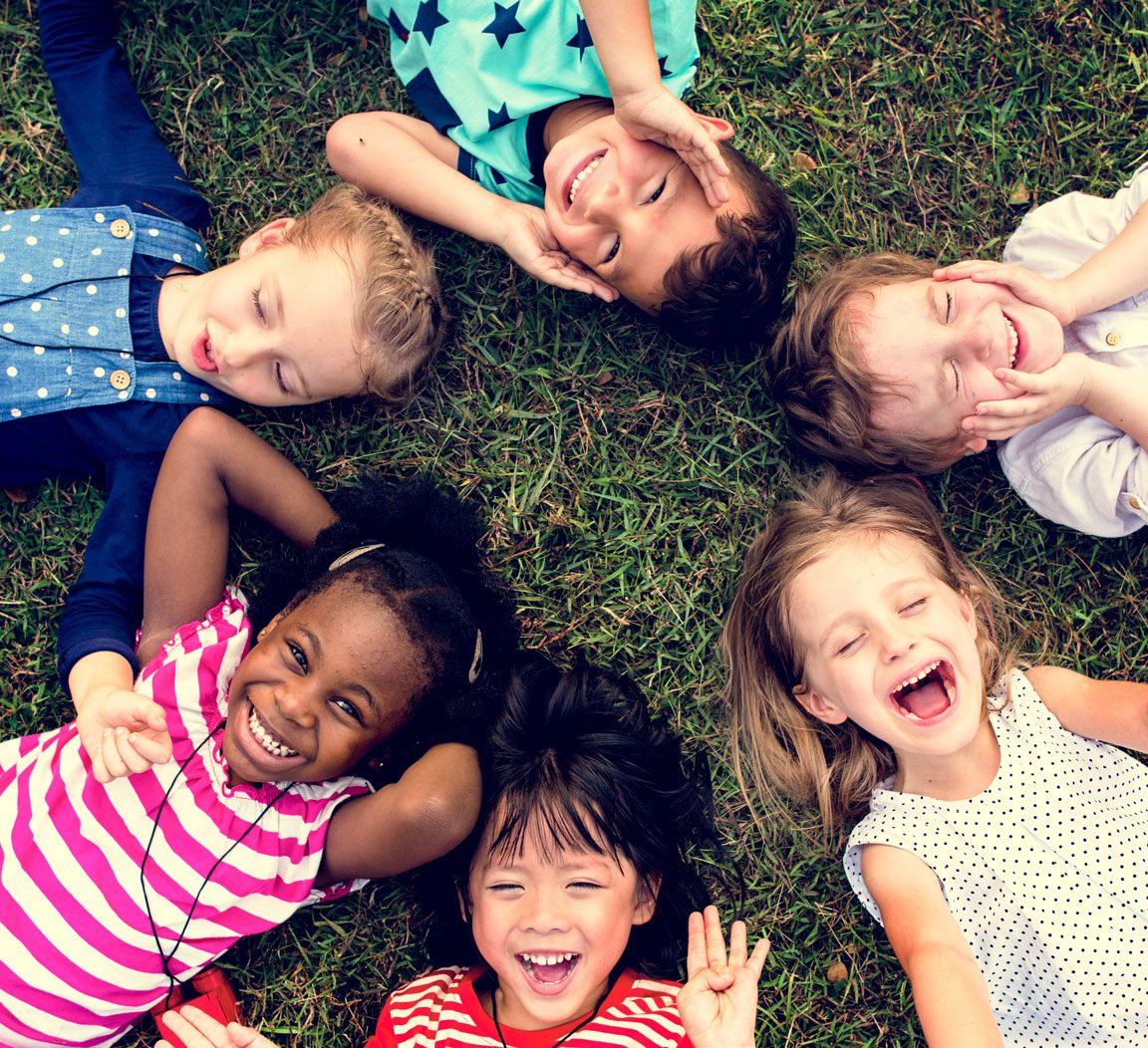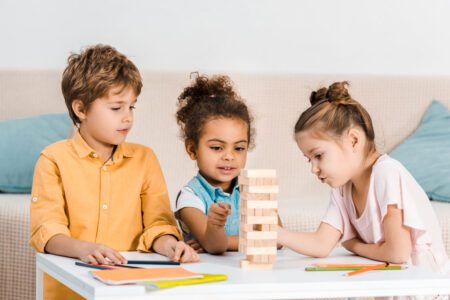Playing and learning can go hand-in-hand in early childhood education, allowing children to simultaneously enjoy themselves while growing academically and emotionally. Learn more about how play-based education is such an impactful approach.
Why Play?
- Children from birth through age 8 learn best when they are engaged in active play-based learning within social and experiential contexts.
- Play is a vehicle for learning and social development.
- Play allows children to make connections between the physical world and abstract concepts. Playful learning experiences function as a modality for children to learn, practice, and master skills.
- Play is a zone of proximal development where adults can support the social development and learning of individual children.
- Playful learning can be a powerful instructional tool for educators to foster 21st century skills and to guide students toward individualized development and learning goals.
Play is an important component of early childhood that supports children’s healthy growth and development, particularly during the sensitive learning period between birth and age eight. Often described as children’s work, it is the primary vehicle for discovery, creativity, joy, and practice. Children have an inclination to play, and the role of play in providing a foundation for cognitive skill development, building children’s sense of belonging, and working through complex social and emotional scenarios has been studied extensively. During play, children’s brains are actively seeking and using skills such as negotiating, improvising, communicating, critical thinking, problem-solving, taking risks, sharing ideas, perspective-taking, creating, and learning from mistakes. The value of play for these reasons has sparked a renewed emphasis on its importance in all early childhood settings, including the early elementary grades.


Additional Benefits of Learning Through Play Explained
Holistic Development
Play supports the overall development of children, including cognitive, social, emotional, and physical aspects.
Engagement
Children are more engaged and motivated when they learn through play, making learning enjoyable and memorable.
Problem-Solving
Play activities often involve solving problems and making decisions, promoting critical thinking skills.
Creativity
Play encourages imaginative thinking and creativity as children explore different scenarios and ideas.
Language Development
Through play, children practice and expand their vocabulary and communication skills.
Social Skills
Play promotes the development of social skills such as cooperation, communication, and empathy as children interact with peers.
Emotional Regulation
Children learn to manage their emotions and develop emotional resilience through play.
Motor Skills
Physical play activities help develop both fine and gross motor skills.
Conceptual Learning
Play introduces and reinforces important concepts such as numbers, shapes, and scientific principles.
Cultural Understanding
Play can allow children to explore and understand cultural diversity and societal norms.
Confidence Building
Successful play experiences boost children’s confidence and self-esteem.
Exploration and Curiosity
Play encourages exploration and nurtures curiosity about the world.
Tolerance and Acceptance
Children can learn to appreciate and respect differences among individuals and cultures through play.
Long-Term Learning
Concepts learned through play tend to be retained longer as they are often experienced in meaningful contexts.
Natural Learning
Learning through play aligns with children’s natural inclination to explore and discover the world around them.
Preparation for Future Learning
Play sets a strong foundation for later academic learning by fostering skills and attitudes that support learning readiness.
Joy of Learning
Learning through play promotes a positive attitude toward learning and a lifelong love of discovery.


